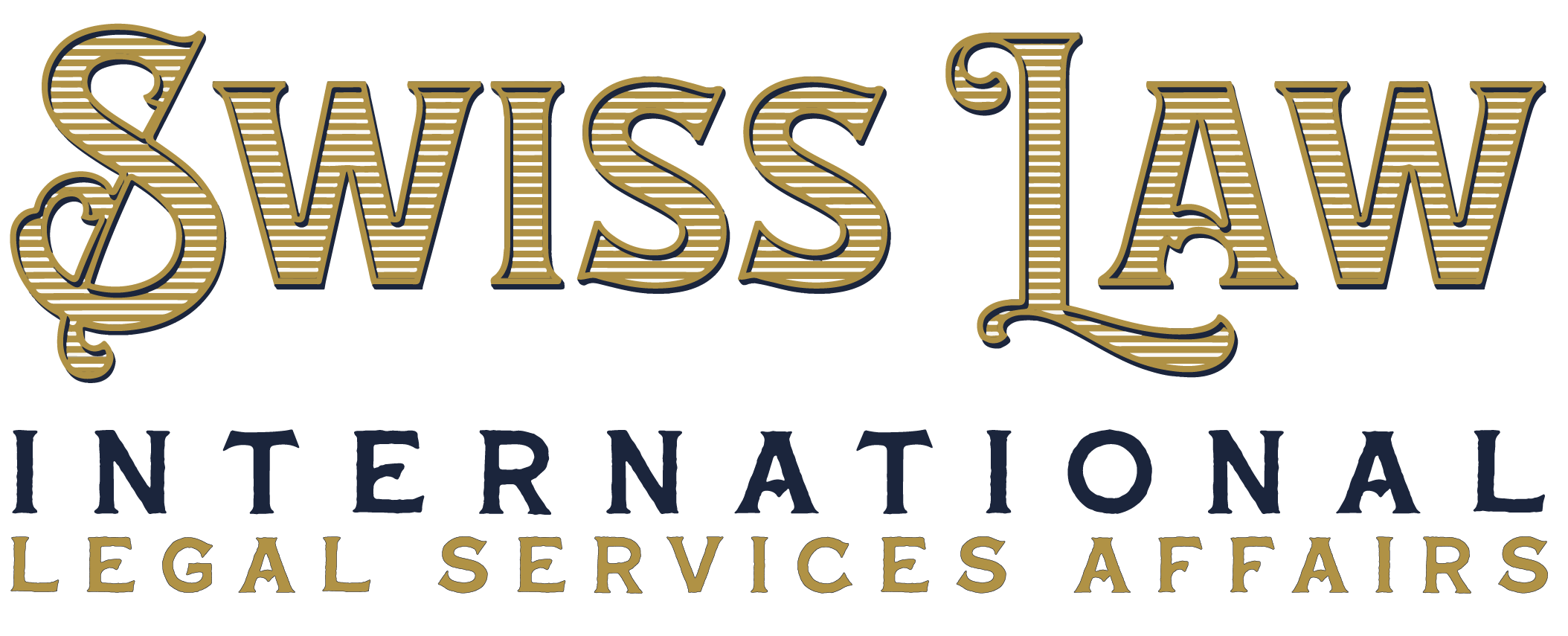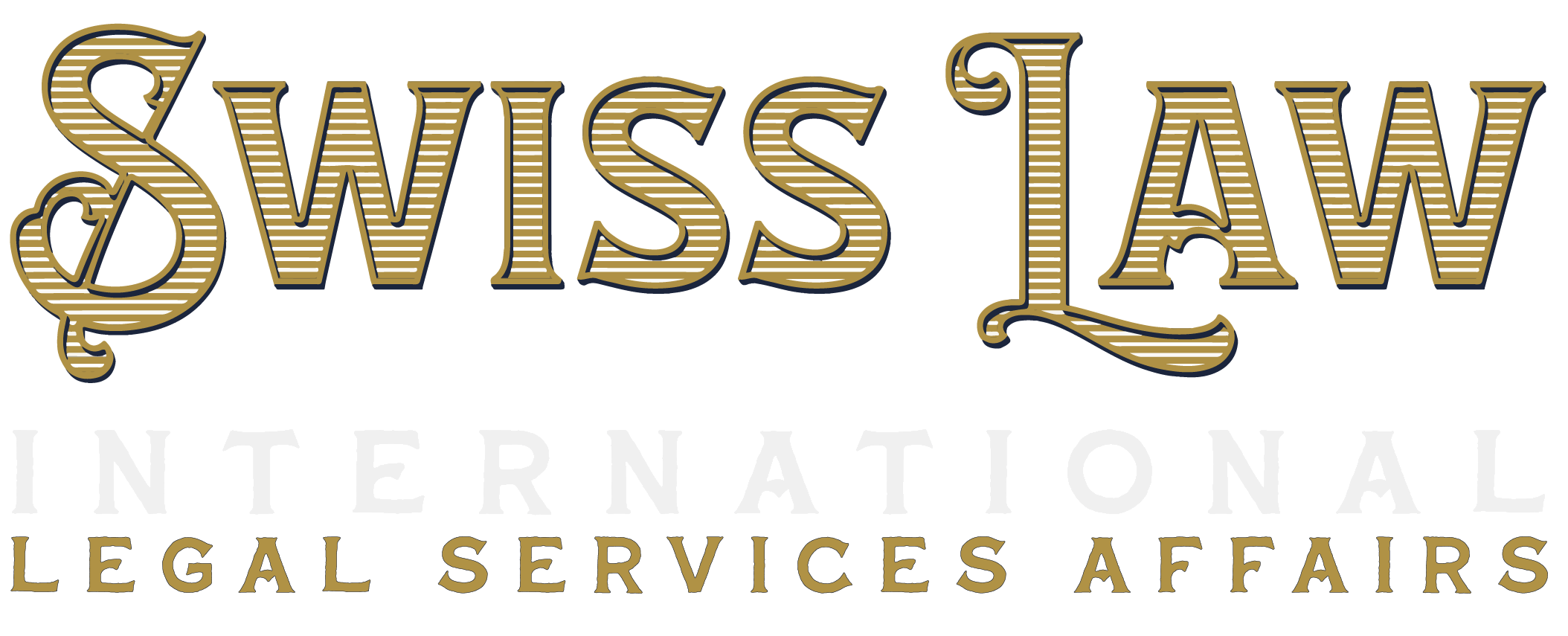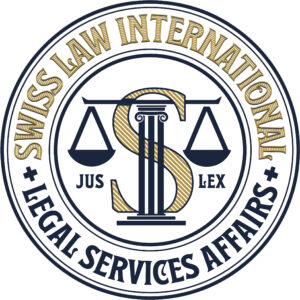Foreign nationals looking to move to Switzerland can apply for temporary residency permits, which can later be upgraded to permanent residence permits. Unlike EU countries, Switzerland requires both EU and non-EU nationals to fulfill specific conditions to relocate and apply for permanent residency. Our legal team is here to guide you through the residence permit application process in Switzerland.
Switzerland offers a variety of visas that enable foreign nationals to live and work here, with a good chance of obtaining Swiss citizenship and residency.
Our immigration Legal Counsels in Switzerland detail the main routes to permanent residency for EU and non-EU nationals below.
Request Case Evaluation
Switzerland’s Visa Requirements for Foreign Nationals in 2024
Swiss authorities treat EU and non-EU citizens equally when it comes to settling here and applying for permanent residency. The number of temporary residency permits available to non-EU immigrants has also increased.
The main types of residency permits include:
- The L permit for short-term stays;
- The B permit for longer stays;
- The C permit for permanent residency;
- The G permit for cross-border workers.
For more information on the C permit in Switzerland and its requirements, please contact our immigration Expers.
Non-EU residents must secure employment in Europe to obtain a G permit, though this visa is typically sought by European nationals who commute to Switzerland weekly.
Our Legal Team can provide detailed information on meeting the criteria for a temporary work visa and ultimately a permanent residency permit in Switzerland.
An Overview of Immigration Routes to Switzerland
Switzerland’s approach to immigration requires all individuals, regardless of origin, to apply for B or C permits. This policy stems from Switzerland’s non-EU status and its focus on a local workforce of specialists.
Switzerland is renowned for precision and quality, particularly in luxury goods like watches. Likewise, the government is selective about who is granted entry. Key residency permits for non-citizens include:
- The B permit, one of the easiest visas to obtain, with or without employment;
- The C permit, equivalent to a permanent residence card in most countries.
EU and non-EU nationals face different requirements for the Swiss B permit. It’s important to understand these before applying.
Considerations for Residency Visas in Switzerland in 2024
Foreign nationals seeking permanent residency in Switzerland must understand that migration requirements are consistent for both non-EU and EU persons regarding permit types.
Eligibility for moving to Switzerland includes:
- Having a job offer from a Swiss company;
- Planning to start a business in Switzerland;
- Intending to marry a Swiss national.
A valid visa is mandatory for entry into Switzerland, with the application process starting in the applicant’s home country.
It’s beneficial to apply for a visa allowing an extended stay to qualify for a residence permit in Switzerland.
Our immigration law firm is ready to assist if you’re planning to move to Switzerland in 2024 and apply for permanent residence. We can also help with permit C applications and requirements.
Qualifications for Permanent Residency in Switzerland
To apply for permanent residence in Switzerland, one must initially qualify for a temporary resident visa. After fulfilling the temporary permit conditions, candidates may settle permanently.
Permanent residency qualifications include:
- Residency duration in line with Swiss laws;
- Holding a prior L or B temporary residency permit;
- Language proficiency in the official canton language;
- Proof of integration into Swiss society;
- Clean criminal record and employment verification.
Our Immigrations Legal Experts will advise on the language exam based on the official languages of your canton: German, Italian, French, or Romansh. Proficiency in one of these languages at the A2 level is necessary.
Contact our legal counsel for personalized advice on relocating to Switzerland and applying for permanent residence. We can also guide you through the citizenship process.
The Switzerland B Permit
EU or EEA citizens moving to Switzerland need a residence permit, starting with the Swiss B permit, suitable for both workers and non-workers.
The B permit lasts five years for EU and EFTA nationals. If tied to an unlimited or minimum twelve-month contract, it can be renewed for another five years upon meeting the initial requirements.
The key advantage of the B permit is its validity period. To renew, applicants must maintain the same conditions as their first application. Note that any unemployment periods could affect the permit’s validity after renewal.
Non-employed individuals from the same countries can also get the B permit if they prove sufficient funds and insurance coverage.
The B permit is issued by the desired cantonal authority. When choosing a canton, consider tax rates, rental costs, housing availability, and salary levels.
Required documents for a B permit application include:
- Cantonal-specific forms;
- Proof of health insurance;
- Employment contract (if applicable);
- Address verification.
Additional documents may be requested under certain circumstances.
Non-EU/EEA nationals can also apply for B permits, which are renewable yearly and sometimes industry-specific.
Our consultants are here to help with your Swiss B permit application.
Switzerland’s C Permit
Like other countries, Switzerland allows long-term residents to apply for permanent residency, known as the C permit, available to EU/EEA nationals and others.
C permit eligibility requires:
- Continuous five-year residency for EU nationals;
- Ten-year residency for non-EU nationals.
Exceptions include U.S. and Canadian citizens eligible after five years and family members of C permit holders from outside the EU/EEA.
Family reunification is a pathway to a Swiss C permit.
Those settled in Switzerland can bring spouses and children through family reunification. Since 2019, newcomers must demonstrate language proficiency to join family members.
For assistance with Swiss residency applications, reach out to our legal experts.








